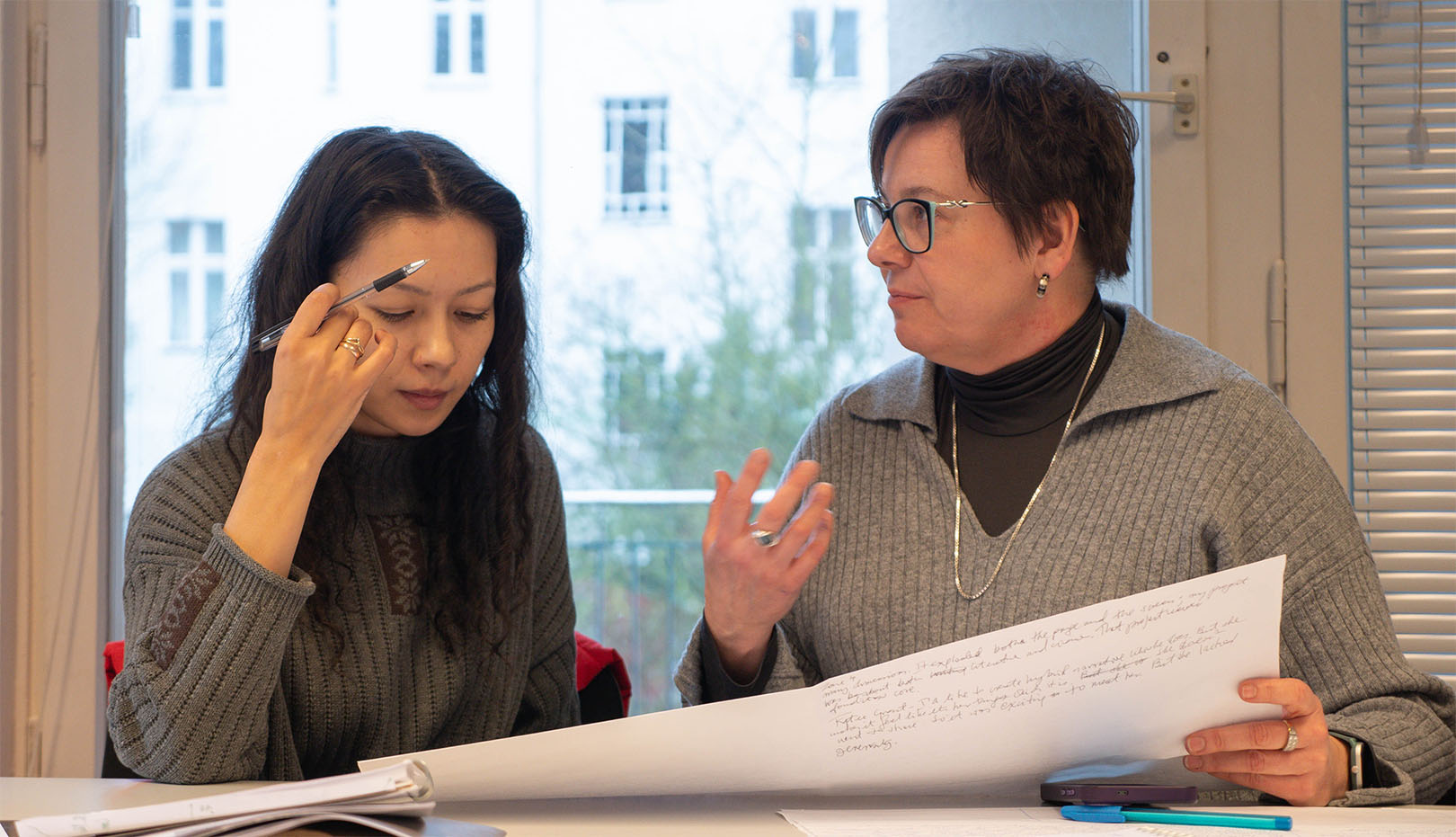How can we support a student-centered online classroom through integrating writing-to-learn practices? This workshop takes a hands-on, practical approach – allowing participants the opportunity to experiment with different digital technologies – Perusall, Discussion Boards, Padlet, Google Docs, Whiteboards, and Mentimeter. We will explore pairing each of these technologies with a specific writing-based practice – such as Process Writing, Dialectical Notebooks, or others. We will discuss the challenges of using digital tools for writing-based learning online, how to integrate these pairings into our own classrooms, and how specific tools can be used with different kinds of writing for different purposes.

